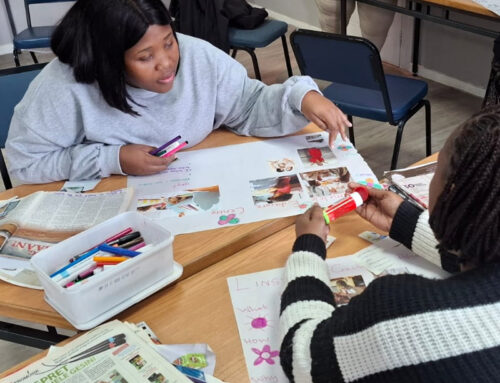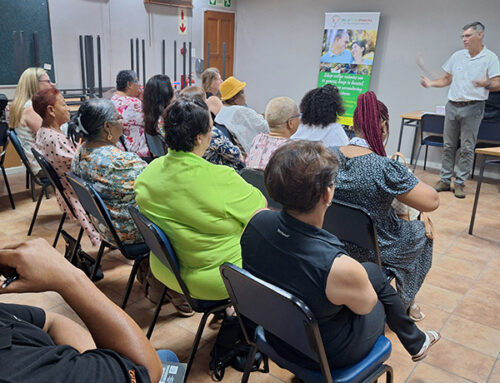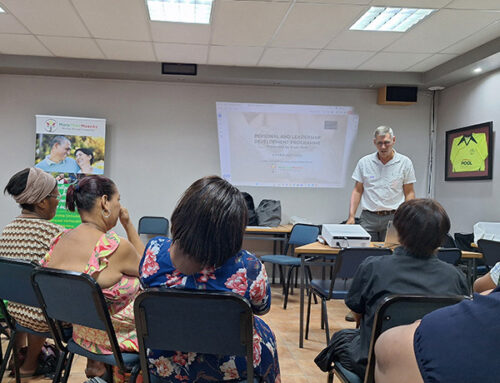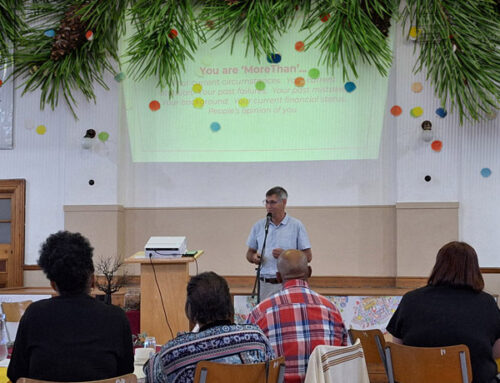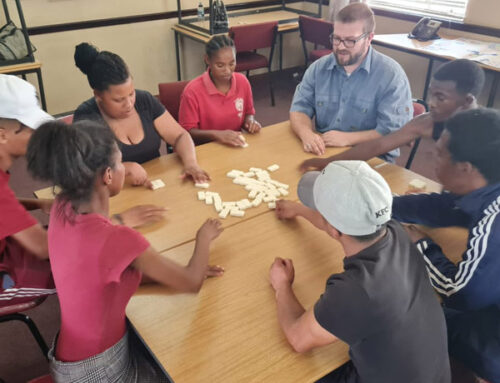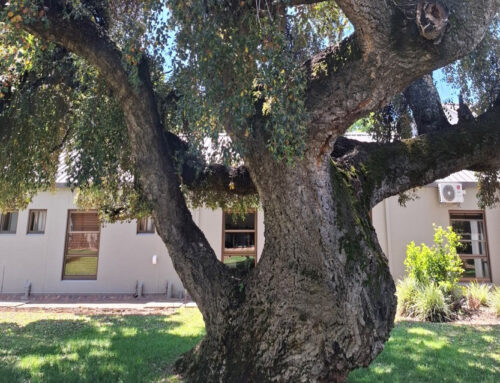At MoreThanMeeras, we delve deep into the intricate ways in which trauma can influence our interpersonal relationships. Trauma, often a result of distressing or life-altering events, can have profound and lasting effects on how we connect with others. This blog aims to shed light on these effects and offer guidance on navigating relationships affected by trauma.
- Trust Issues
Trauma can lead to difficulties in trusting others, a fundamental component of any healthy relationship. Traumatic experiences, especially those involving betrayal or abuse, can make it challenging for individuals to open up and trust others, leading to strained relationships.
- Communication Barriers
Those who have experienced trauma might struggle with communication. They may find it hard to express their feelings or needs, leading to misunderstandings and conflicts in relationships.
- Fear of Intimacy
Trauma can create a fear of emotional or physical intimacy. Individuals may subconsciously associate intimacy with vulnerability or danger, causing them to withdraw from close relationships or avoid forming new ones.
- Hyper-Vigilance
Trauma can result in a state of constant alertness, making it hard to relax in a relationship. This hyper-vigilance can be exhausting for both the individual and their partner, often leading to tension.
- Projecting Past Experiences
Individuals with trauma may project their past experiences onto current relationships. They might overreact to certain situations based on their past, which can be confusing and hurtful to their partners.
- Coping Mechanisms
Trauma survivors often develop coping mechanisms that can be destructive in relationships, such as substance abuse or emotional detachment.
- Seeking Support
It’s crucial for trauma survivors to seek support, whether through therapy, support groups, or open communication with loved ones. Understanding and addressing the impact of trauma is a significant step towards healthier relationships.
- Patience and Understanding
For partners of trauma survivors, patience and understanding are key. It’s important to create a safe space for open communication and to recognize that healing is a journey.
Trauma doesn’t have to dictate the course of your relationships. With awareness and the right support, it’s possible to build strong, fulfilling connections. At MoreThanMeeras, we’re committed to providing insights and guidance to help you navigate the complexities of relationships influenced by trauma.




